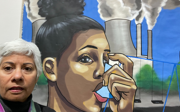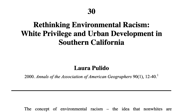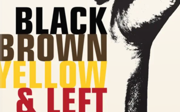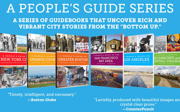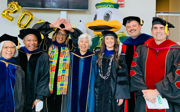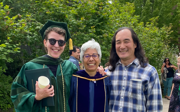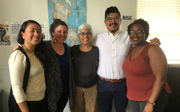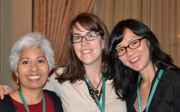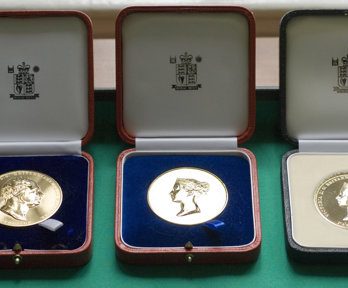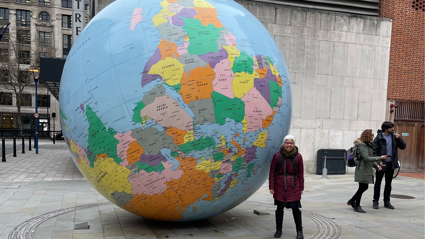
Q&A with Professor Laura Pulido
Read our interview with one of our four 2025 Honorary Fellowship recipients, Professor Laura Pulido.
Professor Laura Pulido has been conferred Honourary Fellowship in recognition of her outstanding support for geography.
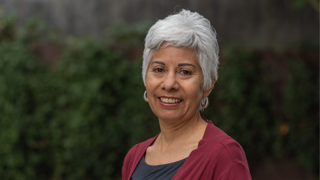
What did you want to be, or where did you want to work, when you were a teenager?
"I come from a working-class background and grew up at a time when there were few career paths that I was aware of, especially for women of colour. I didn’t realize that women could do anything besides being a wife, mother, teacher or nurse – none of which appealed to me as a teen.
"Consequently, I was a poor student, as I didn’t see the purpose of education besides reading and writing."
What role do you do now and how would you describe your work?
"I am a professor of ethnic studies and geography who has devoted her career to researching the nature of white supremacy in the United States.
"My goal has been to understand the deeply historical and structural nature of white supremacy, how it shapes so much of US life and culture, and to communicate this to a broad audience."
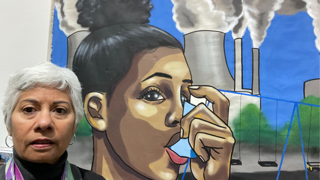
How did you get into this field of work?
"While attending community college I enrolled in a 'California geography' course that changed my life. I felt I had found a discipline which could answer my many questions: Why didn’t it snow in Southern California? Why were there so few trees? Why was the air so polluted, and why did all the Mexicans live in one part of town and African Americans in another?"
"In graduate school I began weaving together my interests in Chicana/o studies and geography."
What has been the highlight of your career, regardless of how big or small, so far?
"The highlight of my career has been nurturing a new generation of scholars in the fields of geography, American studies, and ethnic studies. I have invested significant time and energy supporting my students as scholars and people, training them to be rigorous researchers, and to pursue their passions.
"In turn, I have learned a great deal about life and myself through being a teacher."
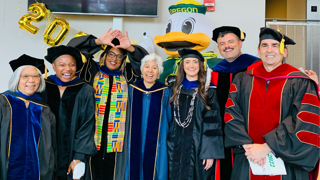
What projects are you working on right now?
"My current project is called, Monumental denial: An atlas of US cultural memory and white innocence. The project examines how US National Historic Landmarks (2,600+) represent processes of white supremacy and colonization."
"The goal of the research is to understand the different ways in which hegemonic US culture erases and minimizes the racial past."
What three words would you use to describe your life and work?
"Passion, persistence, and curiosity."
Sign up to our newsletters
We regularly host exhibitions as well as in-person and online events, including our Monday night lectures (members only) and regional events.
Would you like to stay up to date about our upcoming events and news? Log in, or create an account, and sign up for our newsletter.
